Publications
Articles, publications, books, tools and multimedia features from the U.S. Institute of Peace provide the latest news, analysis, research findings, practitioner guides and reports, all related to the conflict zones and issues that are at the center of the Institute’s work to prevent and reduce violent conflict.
Question And Answer
Amid a Changing Global Order, NATO Looks East
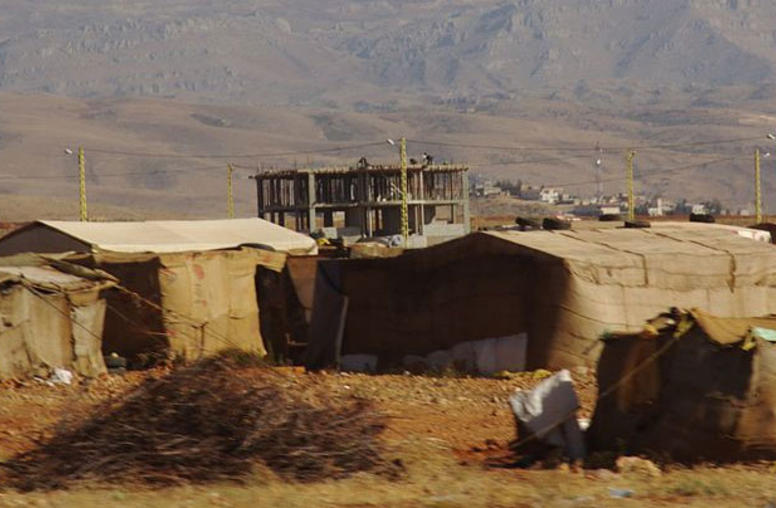
Q&A: Lebanese Presidential Elections
Lebanon’s parliament failed to elect a successor within the constitutional timeframe before President Michel Suleiman’s term expired on May 25. Elie Abouaoun, the director of Middle East programs for the U.S. Institute of Peace, explains the dynamics feeding the divisions, the ramifications of the vacancy and possible solutions.
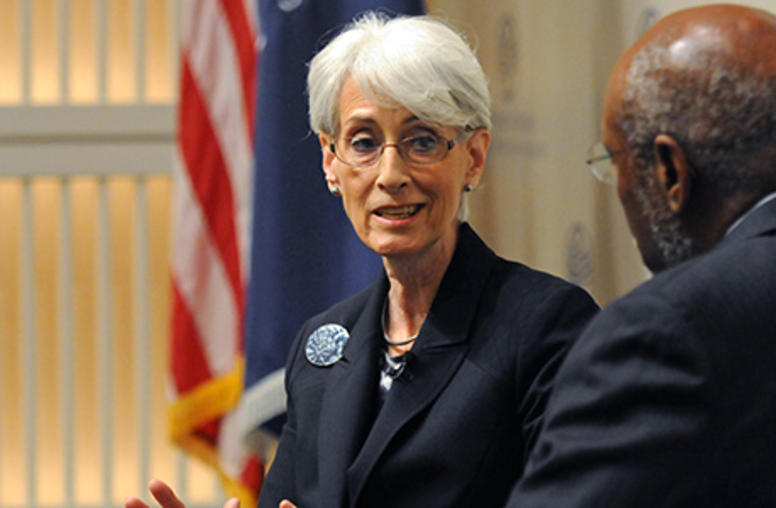
Somalia Slated for First U.S. Ambassador in Two Decades
President Barack Obama will nominate an ambassador to Somalia for the first time in more than 20 years, Undersecretary of State Wendy Sherman said at the U.S. Institute of Peace June 3, as she outlined an intensified push to improve security, governance and development in the African nation.
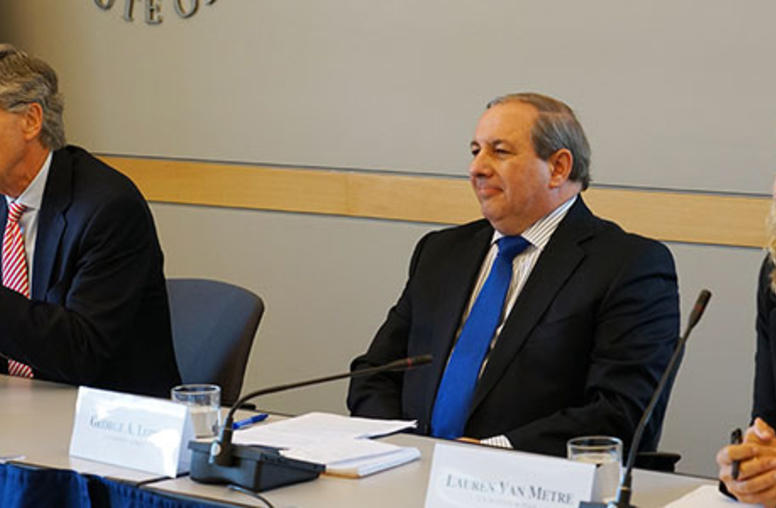
Russia's Putin 'Could Solve' Ukraine Crisis, Ex-U.S. Ambassador Says
Stacks of red coffins being transported from Ukraine back to Russia after deadly fighting at an airport in eastern Ukraine last week are among the telltale signs of Russia’s responsibility for the crisis gripping its neighbor, said William B. Taylor, a vice president at the U.S. Institute of Peace and a former ambassador to Ukraine.
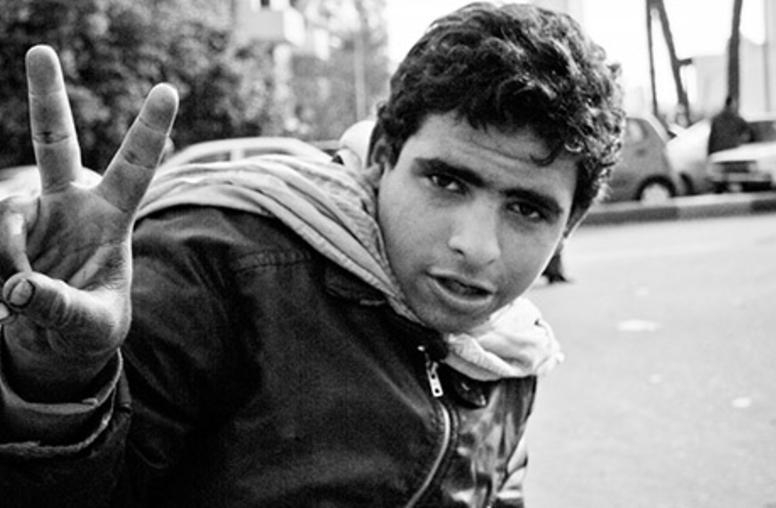
Can Big Data Stop Wars Before They Happen?
It has been almost two decades exactly since conflict prevention shot to the top of the peace-building agenda, as large-scale killings shifted from interstate wars to intrastate and intergroup conflicts.
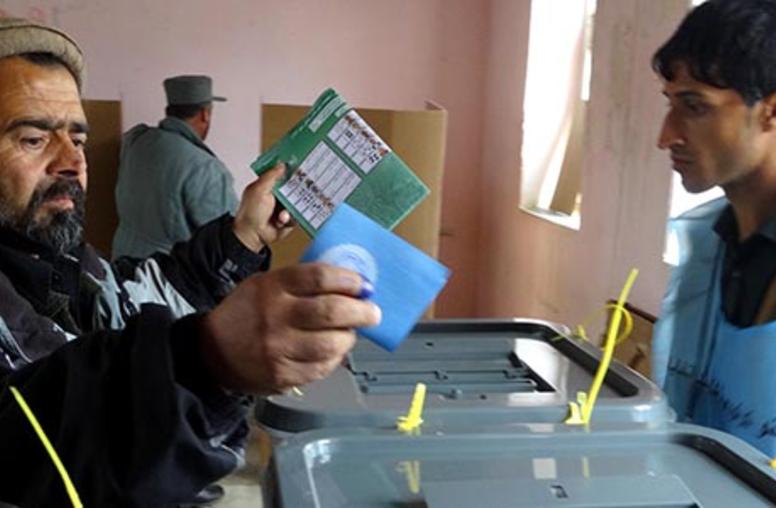
Let Afghan Voters Finish the Job
Kabul has been full of rumors about an attempt to reach a "political deal" in order to avoid a second round of voting required by the constitution. Strangely, most of the commentary in the western press has treated such a deal as if it would be desirable. We believe it would be a huge mistake.
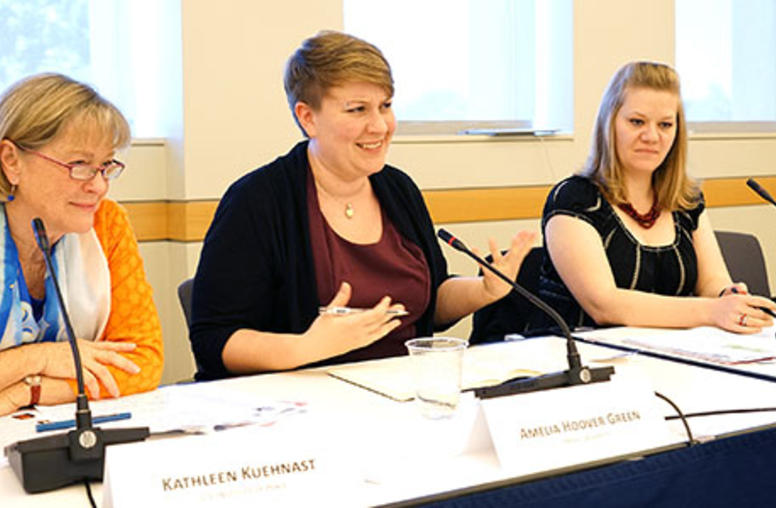
Ending Sexual Violence in Conflict? First, Understanding It
The Global Summit to End Sexual Violence, co-hosted in London this week by British Foreign Secretary William Hague and actress and United Nations envoy Angelina Jolie, will draw on research by young scholars who have documented the causes, responses and potential solutions in the Democratic Republic of Congo, Haiti, El Salvador and elsewhere. The researchers recently highlighted their significant and often unanticipated findings at the U.S. Institute of Peace.
The Arab-Israeli Peace Process: Why It’s Failed Thus Far
The Arab-Israeli peace process has failed for 16 years, in part because past presidents have either been “over involved” or “under involved,” according to foreign policy scholar Aaron David Miller. “We have not yet found the right balance for American diplomacy,” he said at a USIP event on the peace process Nov. 2, one of several panels that focused on the prospects for peace in the Middle East.
At USIP, Baker Calls for American 'Determination' on Mideast Peace
Though there will be no breakthroughs on Middle East peace over the coming American election year, U.S. leaders will need to summon the “political will and determination” to again take up the vexing quest for an Arab-Israeli peace settlement when political conditions in the region allow, former Secretary of State James A. Baker, III, told a conference at USIP on November 2, 2011.
"Rewiring Regional Security in a Fragmented World"
What changes have led to a rewiring of regional security, and what do you mean by “rewiring”? How have views of security expanded during the past twenty years? Why is it so important to look at security challenges from a regional perspective?
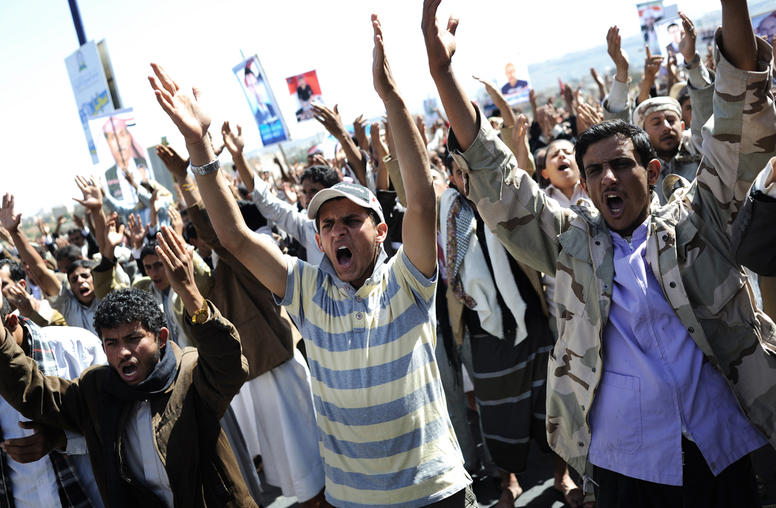
Global Change, Peacebuilding and USIP
USIP leaders explain the effect that events around the world and here at home will have on the U.S., and the contributions the Institute can and does make during a time of tremendous challenge – and opportunity.